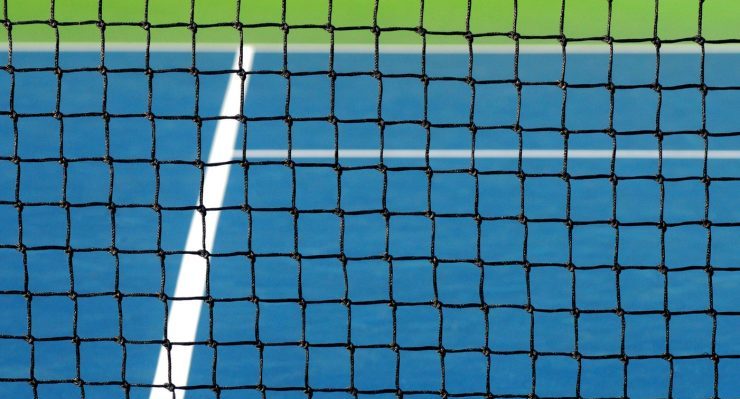
Despite being known as the “happy slam”, the past two years have been anything but a good time for the Australian Open.
Usually lauded for being the best-managed slam on the tour, pandemic rules, strict borders and some poor decision-making have left Tennis Australia fighting fires on multiple fronts.
As the Asian tennis market grows, and with Australia’s geographical separation from the world an increasingly difficult barrier to negotiate amid COVID, an opportunity may present itself for another host to swoop in.
What’s happening at Tennis Australia?
Although much of the drama has passed, tennis fans won’t quickly forget the Novak Djokovic mess and TA’s chief executive, Craig Tiley, will continue to face scrutiny. He was once favoured by players for his advocacy, but it’s being suggested his leadership is untenable.
The TA board has backed him and he has refused to resign. The crowds haven’t been so forgiving; he was booed while on court to mark Aussie legend Sam Stosur’s final singles match, nothing like the appreciation he usually receives when during tournament appearances.
In fact, no heads are rolling at TA or anywhere. It seems there’s been enough confusion about who was responsible that the pressure hasn’t mounted on any one figure or body to take responsibility. President of the TA board Jayne Hrdlicka has remained uncharacteristically quiet, and hasn’t offered any context on the board’s dealings with Djokovic in the lead up to his arrival. While avoiding giving details, Tiley denied the rumour that TA is paying Djokovic’s legal fees.
Tiley’s also been forced to defend COVID protocols after world No. 3 Alexander Zverev raised concerns that players are “not getting tested”.
Is Australia at risk of losing its grand slam?
The International Tennis Federation sanctions the grand slams, and is responsible for their management in collaboration with the women’s (WTA) and men’s (ATP) governing bodies.
Given the long history of the four slams, it would take a huge change of circumstances for the ITF to make such a call. But it may have reached this juncture. While TA has received international criticism for its handling of the Djokovic mess, the other force at play is the rapidly growing tennis audience in Asia and the Middle East. The Australian Open has attempted to capitalise on this market since 2003 when it rebranded as the “slam of the Asia-Pacific”, and a number of major sponsors stem from Asia.
But the ITF will ultimately follow the money. If the sentiment is strong enough that another country could provide the same calibre of tournament and with bigger prize money and support, this is a real threat. This threat was a large part of the Victorian government’s justification for the extreme lengths taken to host the slam in 2021, as Premier Dan Andrews claimed it was at risk of losing the hosting rights if the tournament didn’t go ahead.
As it happens, the Australian Open achieved equal grand slam status only in the 1990s thanks to the savvy negotiating of former boss Paul McNamee. Enough bad press and a similarly convincing pitch could sway the ITF to assign grand slam credentials to a different tournament on the tour.
But it’s not all bad news. The key competition for the hosting gig would be likely to come from Shanghai. As things stand in the fallout of Peng Shuai’s disappearance, the WTA has suspended events in China, taking discussion of a slam there off the table. Singapore remains a potential option, and Dubai has also shown interest.
What TA will be counting on is that, despite the controversy, it is still able to attract interest in the tournament, and pandemic allowing, that it will be able to return to the huge crowds it enjoys. Although the sheer size of the population in parts of Asia and the Middle East would suggest bigger crowds, this is not a problem for the AO. It consistently records the highest attendance of any of the grand slams thanks to tennis-mad Aussies and first-class facilities at Melbourne Park.
If it makes it through the pandemic, and the players and crowds continue to turn up, TA is likely to be able to put the drama behind it and get back to the prosperity the Australian Open has long enjoyed.
Tennis Australia did not respond to Crikey’s request for comment.
How would you feel if Australia lost its grand slam? Let us know your thoughts by writing to letters@crikey.com.au. Please include your full name if you would like to be considered for publication in Crikey’s Your Say column. We reserve the right to edit for length and clarity.








There’s only one party to blame for the past two tennis open tournaments. The LNP. Full stop. There’s no way Tennis Australia or Victoria should have been party to who comes in to this country for any reason. France, England and the US have already sent a clear message to all players, no vaccine, no play. No ambiguity there. Was that so difficult?